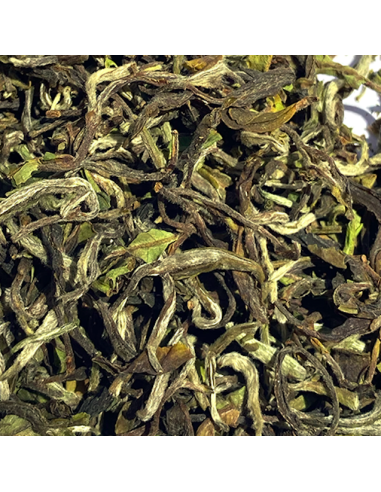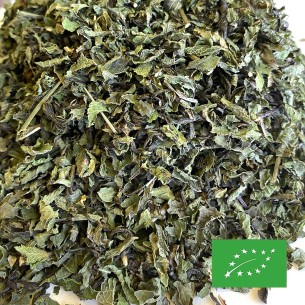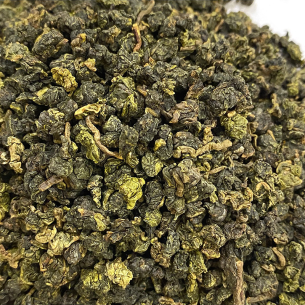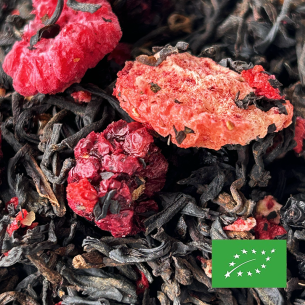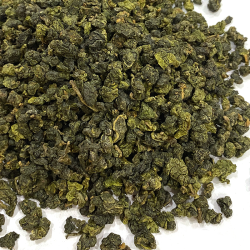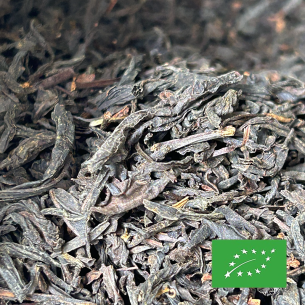JUN CHIYABARI P312 - J22 - FIRST FLUSH 2024
"It also had this little fruity taste, vine peach, mango, exotic fruit which made it an extraordinary tea"
Harvest date: April 2024.
At the beginning of April 2024, we were able to taste nearly thirty teas from the Jun Chiyabari Garden, this tea was by far the best of the First Flushes characteristic of Nepal, with tastes of Darjeeling, brioche, floral. This tea also had an extra touch, which made it exceptional and different from the others. It had this little fruity taste, vine peach, mango, exotic fruit which made it an extraordinary tea. It is produced only with the first leaves of the P312 (Phoobshering 312) tea plants, a kind of high quality tea plants that appeared in the Darjeeling Phoobshering plantation a few decades ago. 19kgs of this tea was produced, we decided to buy all of it.
Jun Chiyabari, which means the garden lit by the full moon, is located in eastern Nepal, about a hundred kilometers from Darjeeling. The gardens are located between 1600 and 2100 meters above sea level, and are planted with very qualitative tea trees of Chinese strains and famous Darjeeling cultivars.
The plantation:
The Jun Chiyabari Garden, literally the tea garden illuminated by the full moon, was created in 2000 with the aim of establishing a certified organic high-altitude tea plantation on the Himalayan slopes of eastern Nepal. The garden is located around the small town of Hilé in the district of Dhankuta at an altitude varying from 1450 to 2200 meters. Darjeeling Gardens are about 100 km as the crow flies from the plantation.
The garden is spread over a hundred hectares for a production of only 15 to 20 tons per year, which is very little in ratio. This is explained by tea trees planted in nature, without disturbing it, and a reasoning of non-intensive cultivation, with a permanent search for optimal quality.
Bachan Gyawali, owner of the plantation and our direct contact, told us how over the years different cultivars from the best regions of East Asia have been planted at Jun Chiyabari. Indeed, tea plants from China, Taiwan, and even Japan have been acclimatized to the extraordinary terroir of Nepal to produce today some of the best organic teas in the world.

